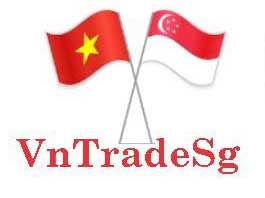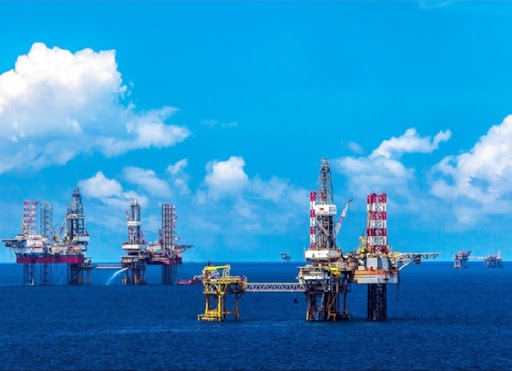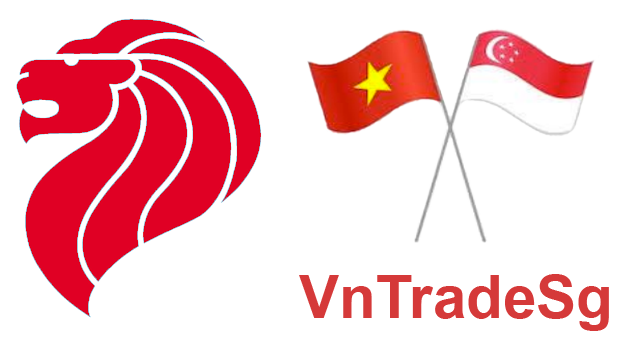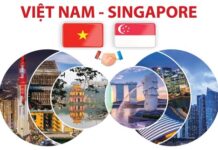In the coming period, besides promoting search, exploration and exploitation of petroleum in deep-water, offshore areas in association with the national sovereignty protection at the sea in accordance with the development orientation of Vietnam’s Petroleum Industry to 2030, with a vision to 2045 approved by the Prime Minister, Vietnam Oil and Gas Group (PVN) will actively study to search for and explore non-traditional hydrocarbons (hydrate, coal gas, shallow gas, shale gas …) to increase petroleum reserves for the country.
By the definition, the non-traditional petroleum is very conventional/ traditional one existing in rocks with a low penetration.
The non-traditional hydrocarbon is methane contained in coal layers (coal gas). The Methane was produced simultaneously with coal and existed in the coal crystal, or in micro-fissures owing gravity and pressure of the water contained in the coal layer.
In the countries with a large coal resource, methane is mainly exploited by industrial pressure reduction. The liquefied coal gas is currently on the world market along with LNG.
The petroleum in tight rock plays the most important role in non-traditional petroleum. The successes of the non-traditional petroleum industry in the US and Canada in recent years have enhanced the role of North America in the world petroleum market, and opened up the prospect for developing this field in many countries…
Up to now, nearly 50 countries in the world have carried out non-traditional petroleum exploration and exploitation activities. In particular, the pilot exploitation of hydrate gas (with large reserves in deep sea, ocean and icy areas) is being carried out in countries with high technical potential.
However, the technical factors and costs still play a great role, even deciding role to bring this energy source to life. Therefore, developing non-traditional petroleum industry has met many difficulties.
Especially, for Vietnam, beside the technical difficulties, there are still many major obstacles with the Petroleum Law, and inadequate, overlapping and unsuitable documents with the current actual situation.
Source: Vietnam Energy

















